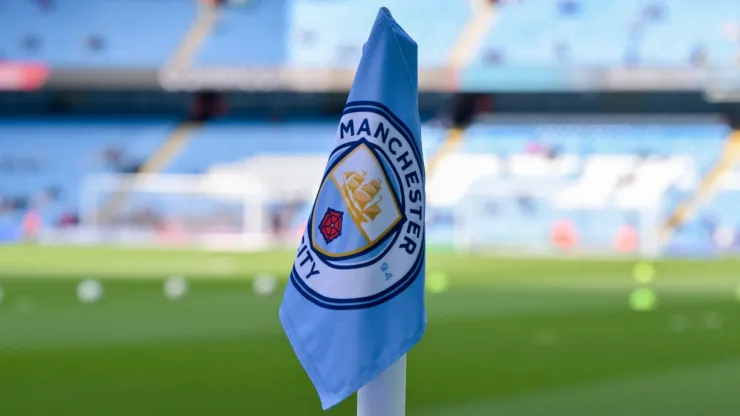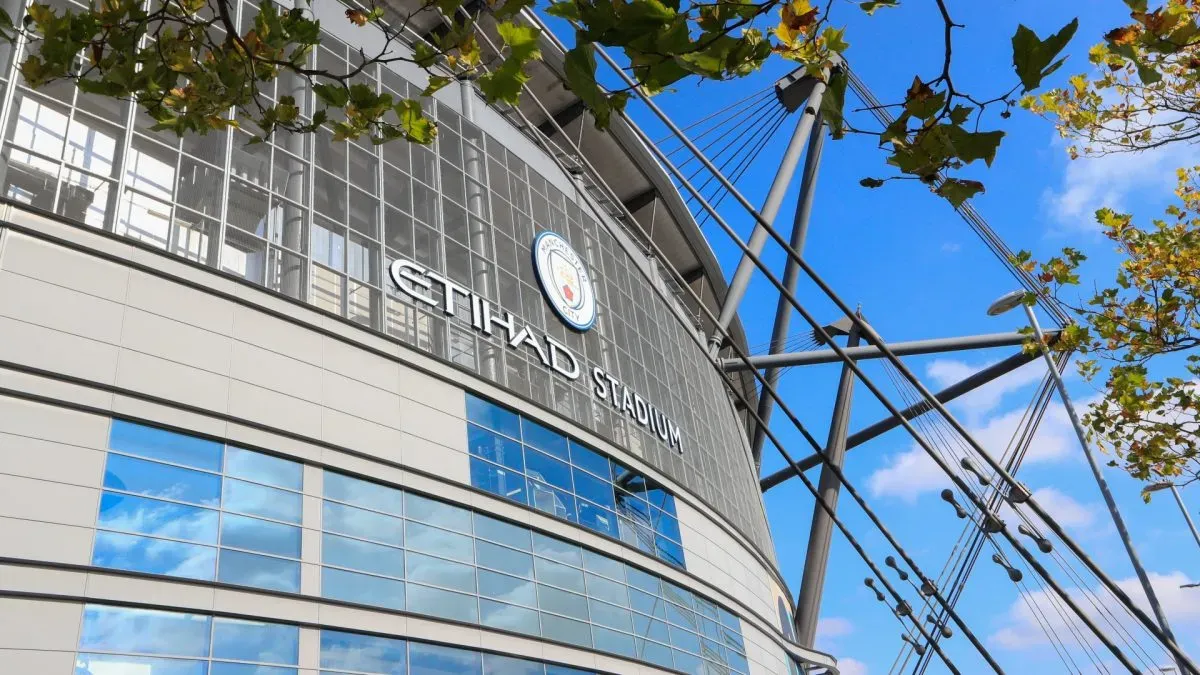
Manchester City took a positive step after the verdict supported City in its case against the Premier League regarding the league’s Associated Party Transaction (APT) rules.
In a 175-page ruling, the independent arbitration panel declared that certain aspects of the rules are unlawful. The ruling also has implications for other Premier League clubs. This relates to sides that have received interest-free loans from their shareholders.
Because some APT rules were declared unlawful, Manchester City is claiming a major victory here. However, the Premier League is also claiming a win. Let’s dive into the case to see who actually came out on top and how the ruling affects other Premier League clubs.
What happened?
Before we can say who won, let’s quickly go over the facts:
After Saudi Arabia’s Public Investment Fund (PIF) purchased Newcastle in 2021, the Premier League approved Associated Party Transaction rules. APTs are transactions between parties with the same owner, such as a hypothetical situation where the PIF sponsors Newcastle.
The Premier League’s APT rules do not ban APTs. Rather, the league just requires APTs to be for a fair market value. Premier League clubs voted to strengthen APT rules in February 2022. Then, Manchester City sued the Premier League in June 2024. It argued the APT rules were unlawful and an example of the Premier League’s “tyranny of the majority.”
An independent arbitration panel reviewed these facts and heard arguments from both sides. In the end, the panel ruled that the overall APT system is sound, with two exceptions.
First, the panel felt that there was too much onus on the clubs to assess the fair market value of APTs.
Second, the panel agreed with Man City about zero-interest shareholder loans. The Premier League argued these loans should not factor in APTs and the Premier League’s Profit and Sustainability Rules (PSR).
The arbitration panel also agreed with Man City that two APT rules violations against them were incorrect. However, this was not because the APT rules were unlawful but. Rather, they were misapplied in those instances.
This case is not related to the Premier League’s case against Man City. The club still faces charges of 115 breaches of the league’s financial rules.
Who won in the Manchester City Associated Party Transactions case?
Following the verdict being announced, Man City released a statement.
“The Club has succeeded with its claim: the Associated Party Transaction (APT) rules have been found to be unlawful. The Tribunal found that both the original APT rules and the current, (amended) APT Rules violate UK competition law”
The Premier League also released a statement. “The Premier League welcomes the Tribunal’s findings, which endorsed the overall objectives, framework and decision-making of the APT system. The Tribunal upheld the need for the APT system as a whole and rejected the majority of Manchester City’s challenges.”
So, as you can see, both sides claim they won this case. If you ask us who actually won though, the answer is clear. It’s the Premier League.
Man City’s case argued that the APT rules overall were unlawful and violated UK competition law. As the tribunal laid out, four of the six issues the arbitration had to decide on related to whether the APT rules “have the object of preventing, distorting or restricting competition.”
The panel found that just the two elements of the APT rules we explained were unlawful, “but all other challenges fail.”
Technically speaking, Man City won some elements of the case. Overall, though, the club did not get anything close to what it asked for, and the Premier League won this case.
What’s next?
Some minor aspects of the APT rules and the Premier League’s PSR framework will need work. The Premier League will have to figure out how to incorporate interest-free loans into its PSR calculations. Presumably, they will settle on an interest rate and charge that rate to the club’s accounts. Arsenal, Brighton, Everton, and Chelsea are some of the clubs keeping a close eye on these developments.
Premier League regulators will also have to come up with a new system to assess the fair market value of APTs.
These are things the clubs and league will have to vote on at some point early next year. Until then, the Premier League says that it “will continue to operate the existing APT system, taking into account the findings made by the Tribunal.”
PHOTOS: IMAGO.
200+ Channels With Sports & News
- Starting price: $33/mo. for fubo Latino Package
- Watch Premier League, Liga MX & Copa Libertadores
The New Home of MLS
- Price: $14.99/mo. for MLS Season Pass
- Watch every MLS game including playoffs & Leagues Cup
Many Sports & ESPN Originals
- Price: $10.99/mo. (or get ESPN+, Hulu & Disney+ for $14.99/mo.)
- Features Bundesliga, LaLiga, NWSL, & USL
2,000+ soccer games per year
- Price: $7.99/mo
- Features Champions League, Serie A, Europa League & EFL
175 Premier League Games & PL TV
- Starting price: $7.99/mo. for Peacock Premium
- Watch 175 exclusive EPL games per season






